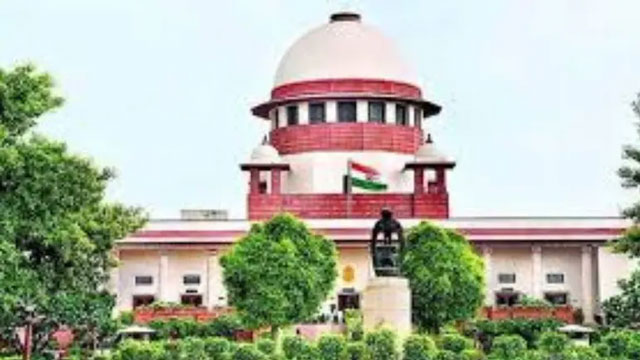Daijiworld Media Network- New Delhi
New Delhi, Jul 25: In a significant policy reconsideration, the Delhi government is preparing to file a review petition in the Supreme Court over its 2018 directive banning older petrol and diesel vehicles in the capital. The move comes amid mounting public resistance, operational hurdles, and growing debate over the policy’s fairness and effectiveness.
Senior officials confirmed on Thursday that both the Transport and Environment departments have been instructed to conduct a detailed study into the implementation and outcomes of the End-of-Life Vehicle (ELV) guidelines. Based on their findings, the government may formally approach the apex court seeking a review.

“The Transport and Environment departments have been directed to study the practical implications, enforcement challenges, and public response to the policy,” a senior Delhi government official told NDTV.
Environment Minister Manjinder Singh Sirsa said both departments are working independently to assess the impact of the vehicle age ban on air quality, daily commuting, and economic implications for the general public.
The government’s reconsideration comes weeks after a strict enforcement drive targeting overaged vehicles—petrol vehicles older than 15 years and diesel vehicles older than 10 years—was relaunched in July. The crackdown included a ban on fuel supply to such vehicles but was paused following widespread backlash and logistical complications.
Lieutenant Governor Vinai Kumar Saxena had also raised concerns in a letter to Chief Minister Rekha Gupta, pointing out regional disparity. “How can a vehicle banned in Delhi be allowed to run in other cities? This violates the principle of equal treatment,” Saxena wrote, urging a review of the court directive and a uniform NCR-wide policy.
Officials noted that the review will also examine pollution-control measures implemented in the last five months and their efficacy. Minister Sirsa, in a separate letter to the Commission for Air Quality Management (CAQM), argued that the current infrastructure and public transport system in Delhi are not equipped to handle a blanket ban, especially one that disproportionately affects lower-income commuters and small vehicle operators.
The final reports from the concerned departments are expected within weeks. A Cabinet decision will follow, determining whether the Delhi government will seek judicial relief through a review petition in the Supreme Court.
As the capital continues to struggle with pollution and policy enforcement, the decision could set a national precedent for balancing environmental goals with social equity and urban mobility.